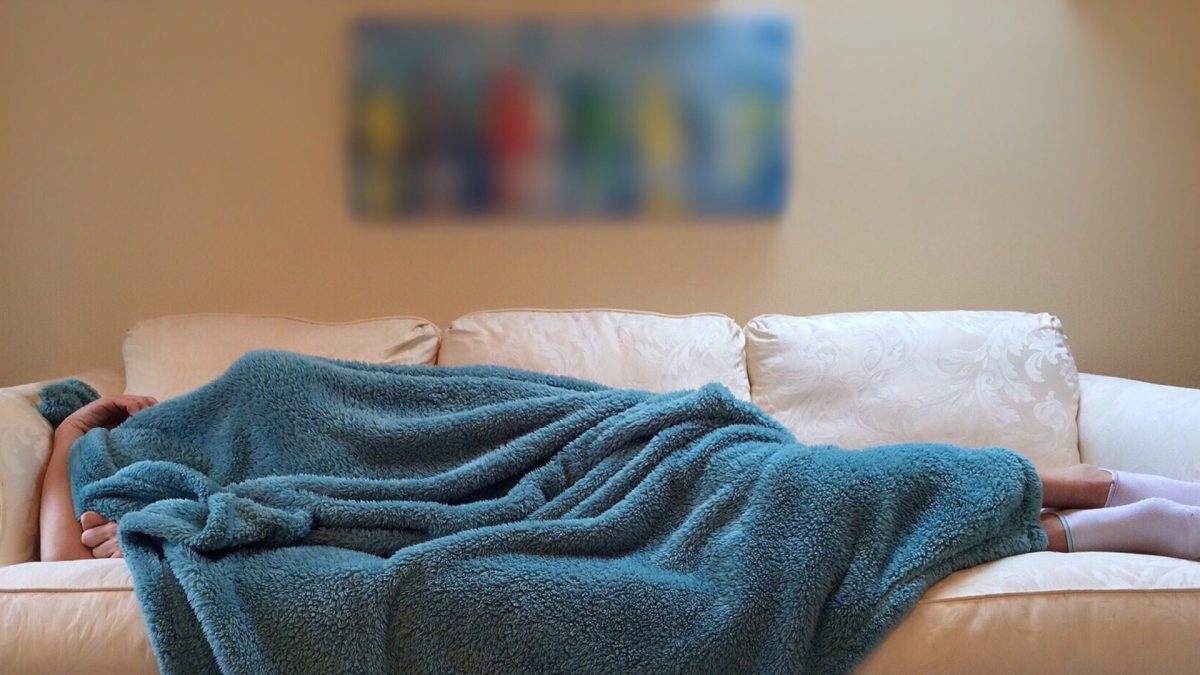
When we think about fitness, we often focus on the workout, how many sets, reps, or miles we put in, but one of the most powerful tools for improving performance often happens long after the gym: sleep. Sleep is essential for recovery, muscle repair, and overall performance. Without adequate rest, even the best training program can fall short, and your body may struggle to meet its full potential.
In this post, we’ll explore the critical role that sleep plays in fitness and how better rest can enhance everything from muscle recovery to mental focus.
The Science Behind Sleep and Fitness
When you exercise, your muscles undergo tiny tears, and during rest—especially sleep—your body repairs those tears, making muscles stronger. Sleep is the time when the body rebuilds and regenerates tissues, strengthens the immune system, and balances hormones like testosterone and growth hormone, which are essential for muscle growth and fat loss.
Sleep also impacts your brain’s ability to recover from the mental strain of workouts and daily life. Good sleep supports memory, mood, and decision-making, all of which are crucial for keeping you motivated and focused on your fitness goals.
How Sleep Affects Fitness and Performance
- Improved Muscle Recovery and Growth
One of the primary benefits of sleep is its role in muscle recovery. During deep sleep (slow-wave sleep), your body releases growth hormone, which stimulates muscle repair and growth. If you’re skimping on sleep, you’re shortchanging your body’s ability to repair itself, which can lead to slower muscle recovery, diminished strength gains, and a greater risk of injury.
Without adequate sleep, your muscles don’t have the time to fully recover between workouts, which can lead to overtraining and burnout. If you’re aiming for muscle growth, improving sleep should be a priority alongside your training and nutrition.
- Better Endurance and Strength
Sleep doesn’t just help with muscle recovery—it also plays a key role in endurance and strength. Studies show that athletes who get sufficient sleep perform better during endurance tasks like running, cycling, or swimming. A lack of sleep, on the other hand, leads to quicker exhaustion, slower reaction times, and reduced overall stamina.
Strength training is also impacted by sleep. Research indicates that sleep-deprived individuals experience reduced muscle strength and slower reaction times, meaning your performance in the gym will likely suffer without proper rest.
- Increased Mental Focus and Motivation
Fitness isn’t just about physical performance—it also involves mental resilience. When you’re well-rested, your mental focus and motivation are at their peak. Sleep-deprived individuals are more likely to struggle with focus, memory, and even decision-making, making it harder to stick to fitness routines, track progress, or push through tough workouts.
When you’re well-rested, you’re more likely to approach your workout with energy and motivation. On the flip side, insufficient sleep can leave you feeling sluggish, unmotivated, and more likely to skip a session or underperform.
- Enhanced Fat Loss
Sleep is closely linked to your metabolism and appetite-regulating hormones, such as leptin and ghrelin. When you don’t get enough sleep, ghrelin (the hormone that signals hunger) levels increase, while leptin (the hormone that signals fullness) levels decrease. This imbalance can lead to increased cravings and overeating, making fat loss more difficult.
Moreover, studies show that individuals who get sufficient sleep while on a calorie-controlled diet tend to lose more fat compared to those who are sleep-deprived, who are more likely to lose lean muscle mass instead. If fat loss is part of your fitness goals, prioritizing sleep is essential.
- Reduced Risk of Injury
Lack of sleep impairs your coordination, balance, and reaction times, all of which are crucial in preventing injury. Whether you’re lifting weights, playing sports, or performing high-intensity movements, sleep deprivation increases your likelihood of making mistakes, leading to injuries that could sideline your progress.
Proper sleep keeps your nervous system sharp, ensuring your reflexes are quick and your movements are precise. This can be especially important for athletes or anyone engaged in sports that require quick reactions and agility.
- Better Hormonal Balance
Sleep has a profound impact on your hormonal health. It regulates important hormones like cortisol (the stress hormone) and insulin (which controls blood sugar levels). Chronic sleep deprivation can lead to elevated cortisol levels, which can break down muscle tissue and promote fat storage, particularly around the abdominal area.
Sleep also plays a role in maintaining healthy levels of testosterone, which is critical for both men and women in building muscle and recovering from exercise. Disrupted sleep patterns can lower testosterone levels, affecting strength, muscle mass, and even energy levels.
How Much Sleep Do You Need for Optimal Performance?
Most adults need between 7-9 hours of sleep per night to function at their best. However, athletes or those engaged in intense physical activity may need more—sometimes as much as 9-10 hours—to fully recover and perform at their peak. If you’re regularly exercising, especially at a high intensity, it’s important to ensure you’re getting enough sleep to support your body’s recovery and performance needs.
Tips for Better Sleep and Recovery
If you struggle with sleep, here are some tips to help improve both the quality and quantity of your rest:
- Stick to a Consistent Sleep Schedule: Go to bed and wake up at the same time each day, even on weekends, to regulate your body’s internal clock.
- Create a Relaxing Bedtime Routine: Wind down before bed with relaxing activities like reading, stretching, or deep breathing to signal to your body that it’s time to rest.
- Limit Screen Time Before Bed: Blue light from phones, tablets, and computers can interfere with melatonin production, making it harder to fall asleep. Try to limit screen use at least an hour before bed.
- Optimize Your Sleep Environment: Make your bedroom a sleep-friendly environment by keeping it cool, dark, and quiet. Consider using earplugs, eye masks, or white noise machines if necessary.
- Watch What You Eat and Drink: Avoid heavy meals, caffeine, and alcohol close to bedtime, as these can disrupt sleep quality. Instead, opt for a light snack like a banana or a handful of nuts to help you sleep more soundly.
- Incorporate Relaxation Techniques: Try relaxation techniques such as meditation, yoga, or deep breathing exercises to reduce stress and calm your mind before bed.
Conclusion: Prioritize Sleep for Peak Fitness
While exercise and nutrition are important, sleep is the cornerstone of optimal fitness and performance. Whether you’re aiming to build muscle, improve endurance, or enhance overall health, getting enough high-quality sleep is essential to reaching your goals. Sleep supports muscle recovery, boosts mental focus, and keeps your energy levels high, making it the ultimate recovery tool for athletes and fitness enthusiasts alike.
So, next time you’re planning your workout routine, make sure to prioritize your rest just as much as your reps. Your body and your fitness progress, will thank you.











